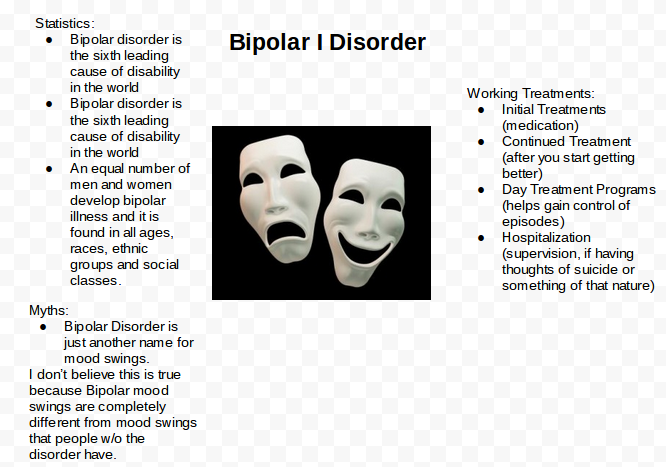Bipolar disorder and debt problems
Bipolar Wellness Centre
Bipolar Wellness CentreIt can be difficult to focus on your health when you are coping with the day to day work of meeting core needs, such as making rent or mortgage payments, earning a living wage, or taking care of your family. It is especially difficult if you are facing financial hardship – something that many people struggle with at one time or another, often through no fault of their own. Additionally, financial roadblocks may be even more challenging for a person who lives with a mental health condition like bipolar disorder.
In this section, we will:
- review what we know about bipolar disorder and finances
- share strategies you can try that may help you to protect yourself and your family from financial problems
- discuss how to find assistance and support, and
- review how poverty can impact quality of life more broadly
What to know about money:
- Bipolar disorder linked to money problems such as impulsive spending, gambling problems, debt from mood episodes
- Money problems can be an early warning sign of a mood episode
- Financial stress can contribute to mood episodes
Why money is important to your quality of life
There is still relatively little research specifically examining financial problems in people with bipolar disorder. Impulsive spending, however, is a fairly frequent occurrence during episodes of hypomania or mania. One Australian study, for example, found that over 70% of patients with bipolar disorder type II report spending large amounts of money when hypomanic1. Consequences of over-spending included financial difficulties (no surprise). But the research participants also described increased interpersonal conflict with family members and partners as a result of overspending, as well as feelings of guilt and remorse. Another small research study looked at the relationship over time between financial difficulties and mental health in people with bipolar disorder.
Study results suggested that the relationship between financial problems and mental health problems may be a two-way street: mental health problems may increase risk of problems like compulsive buying, whereas worries about finances can exacerbate poor mental health2. Other research suggests that financial management skills may be lower in people with bipolar disorder compared to people in the general population, and that this may be related to higher levels of impulsivity3.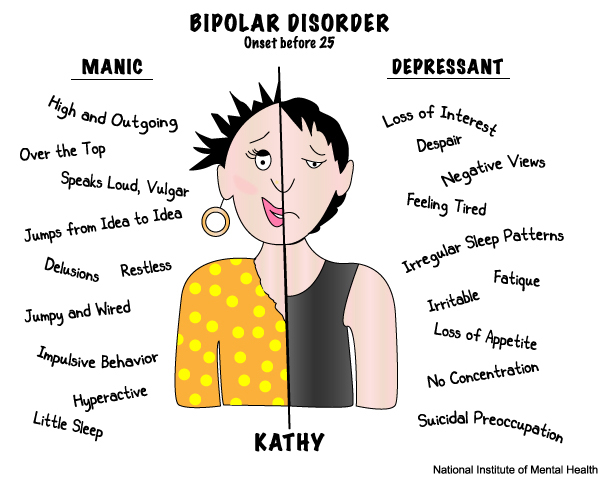
In qualitative research (using surveys and focus groups), people with bipolar disorder talked about over-spending, impulse shopping and being excessively generous with money when in hypomanic or manic episodes. Study participants described sometimes experiencing severe anxiety, depression, suicidal thoughts and guilt afterwards. They described comfort spending and avoiding dealing with their financial situation as a means to cope during times of depression4.
Gambling, spending, and risk-taking
One way in which spending and risk-taking can be combined is through gambling. Commercial forms of gambling contain a built-in ‘house edge’ so that continued gambling is a costly behaviour that can create or exacerbate financial hardships. Gambling Disorder is a recognized form of behavioural addiction, characterized by a loss of control over gambling. ‘Chasing’ losses is an important indicator of gambling problems; for example, returning to a casino in an attempt to recover earlier debts.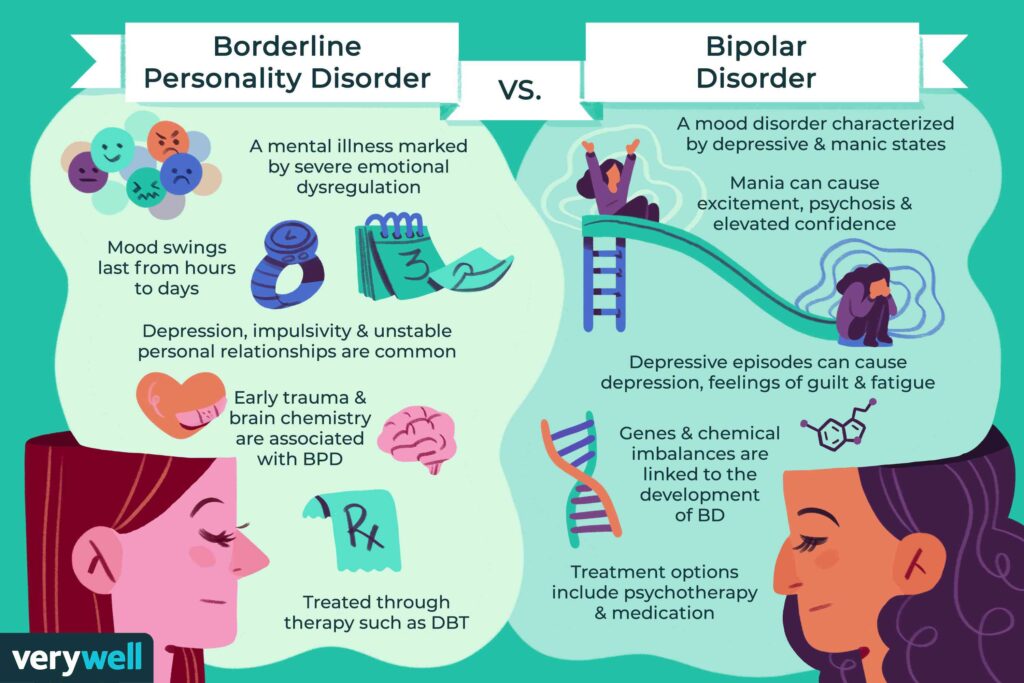 Recent research has found that a number of behavioural addictions are more common in people with bipolar disorder, including gambling problems as well as compulsive buying . For example, in one study from the U.K., rates of moderate to severe problem gambling were four times higher in people with bipolar disorder than in the general population5. This finding fits with other research studies6,7.
Recent research has found that a number of behavioural addictions are more common in people with bipolar disorder, including gambling problems as well as compulsive buying . For example, in one study from the U.K., rates of moderate to severe problem gambling were four times higher in people with bipolar disorder than in the general population5. This finding fits with other research studies6,7.
At the same time, people with bipolar disorder might at times benefit financially from the increased risk-taking and creative planning that may go with the condition. Research shows that some individuals with bipolar disorder report that it has increased their abilities to creatively and energetically tackle a wide range of real-world problems8. It’s reasonable to assume that for some people, bipolar disorder delivers improved financial outcomes some of the time9. But it is very important to acknowledge that these cases are uncommon, especially compared to those in which bipolar disorder or another mental health condition is linked with increased financial hardship.
How you can take action
The best time to protect yourself from bipolar disorder-driven financial decisions is when you are feeling stable. When you are exercising good judgment, your mood is fairly stable and your energy level is appropriate for you, you are in a position to plan ahead. It can be helpful to include your family or someone you trust in these plans. Here are some strategies you may want to try.
+- | Increase your money management abilities. |
Managing personal finances is an essential life skill for us all. There are several key aspects of financial management, such as budgeting, managing debt, saving, and retirement planning. In one research study of individuals in psychiatric rehabilitation programs, improving money management skills was identified as one of the most important goals 10.
+- | Limit your risk. |
Make arrangements with your bank to protect yourself from risky spending while you’re in a mood episode. This could involve setting limits on your credit card transactions and withdrawals from accounts. Make an appointment to discuss this with a financial advisor or other staff member at your bank. Part of limiting your risk includes:
This could involve setting limits on your credit card transactions and withdrawals from accounts. Make an appointment to discuss this with a financial advisor or other staff member at your bank. Part of limiting your risk includes:
- Make a general financial plan. This could involve tracking your spending using an app, deciding how much of your income will be managed by a family member, or setting priorities for spending. Sometimes healthcare providers or support workers are available to help with this process.
- Make an emergency financial plan. Work out a plan for times of risk. This could include documenting and, if you wish, sharing your personal triggers for impulsive or unwise spending, as well as documenting the ways you have chosen to limit your risk (as in point #2 above).All of these financial protections will need to be discussed in advance with bank representatives and appropriate authorizations will need to be signed in the case that you choose someone you trust to protect your finances if you are unwell.
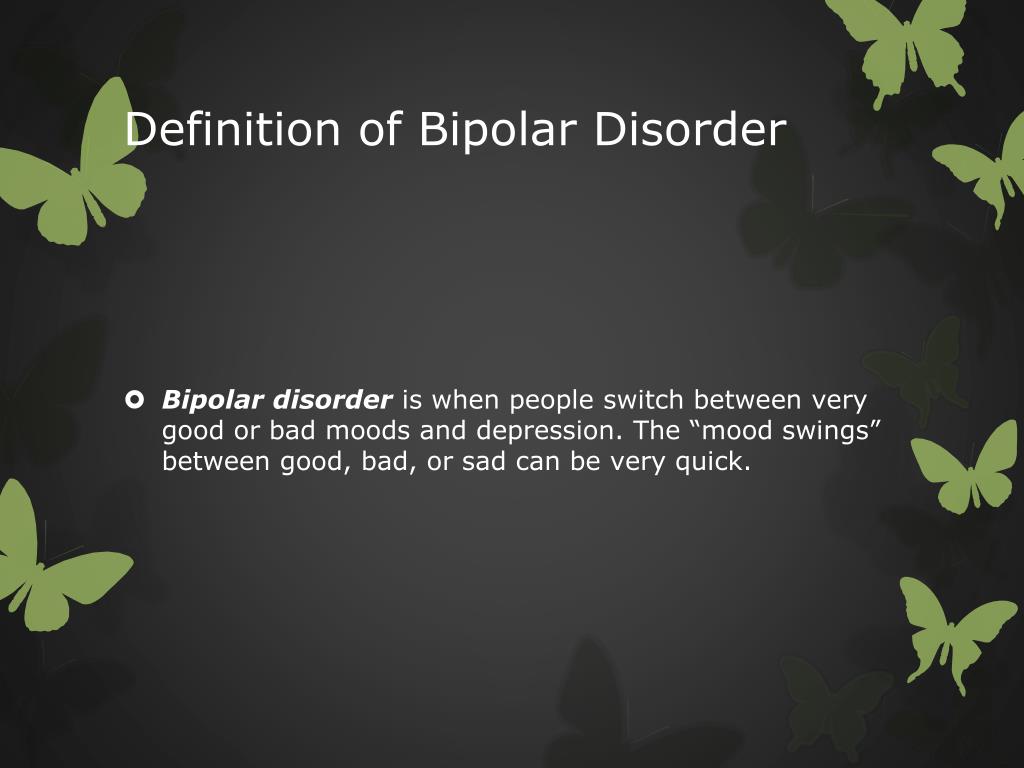
+- | Find a trusted helper. |
A helper is someone you highly trust who will act to safeguard your financial interests if you aren’t able to make safe decisions. You may decide to give this person power of attorney so that they are able to take control of your savings, credit card and chequing account if you clearly are in a manic or depressive episode such that you cannot trust yourself to make safe money decisions. Only you know who the right person is for you, or if this is an appropriate choice for you.
+- | Alert healthcare providers. |
Sometimes manic or depressive episodes can be made less severe when they are just beginning by increasing or adding medications. Your healthcare provider may be able to quickly step in and prevent bipolar disorder financial crises.
For information about the signs and causes of excessive gambling, the CAMH website is very useful https://www.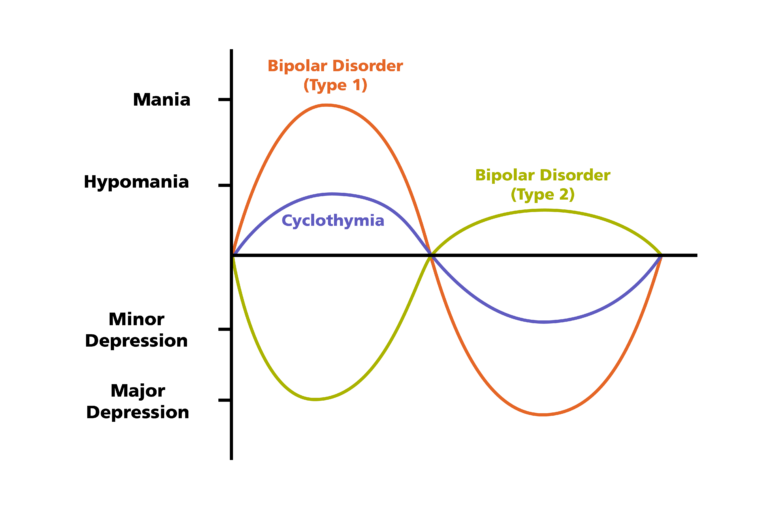 camh.ca/en/health-info/mental-illness-and-addiction-index/problem-gambling. Support for people experiencing gambling problems varies by country and jurisdiction. For example, in British Columbia there is a dedicated treatment program https://www.bcresponsiblegambling.ca/problem-gambling. Many regions have specialized telephone helplines and options for gamblers to ‘self exclude’ from casino venues or online gambling websites. GamTalk offers online live chat for gambling support https://www.gamtalk.org/. Finally, some banks are beginning to provide tools to enable gambling blocks on debit- or credit- cards; it is important to be aware that gambling on a credit card can incur high interest rates.
camh.ca/en/health-info/mental-illness-and-addiction-index/problem-gambling. Support for people experiencing gambling problems varies by country and jurisdiction. For example, in British Columbia there is a dedicated treatment program https://www.bcresponsiblegambling.ca/problem-gambling. Many regions have specialized telephone helplines and options for gamblers to ‘self exclude’ from casino venues or online gambling websites. GamTalk offers online live chat for gambling support https://www.gamtalk.org/. Finally, some banks are beginning to provide tools to enable gambling blocks on debit- or credit- cards; it is important to be aware that gambling on a credit card can incur high interest rates.
How you can take action:
- Improve money management skills
- When well, take steps to protect against bipolar disorder-driven money problems
- Identify trusted money-management supporters if needed
Accessing support
Many people who live with chronic health challenges, including mental health conditions, are unable to do paid work to support themselves financially.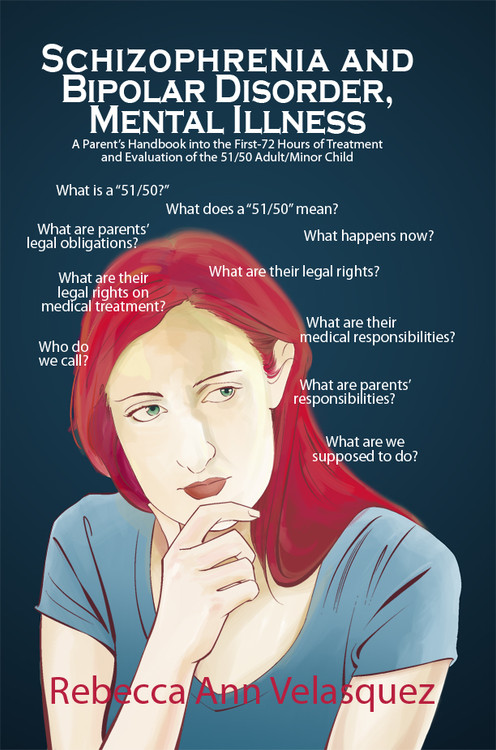 If you’re unable to do paid work it is possible to seek other forms of support. Many countries offer disability support for people who are unable to work because of serious health conditions. This may be through a public plan (sometimes called a disability pension) or through a private insurance carrier. Note that the process of applying for a public disability pension can be demanding, so you may need support in completing the application process. See your healthcare provider or support worker to discuss where in your area you can find this kind of assistance.
If you’re unable to do paid work it is possible to seek other forms of support. Many countries offer disability support for people who are unable to work because of serious health conditions. This may be through a public plan (sometimes called a disability pension) or through a private insurance carrier. Note that the process of applying for a public disability pension can be demanding, so you may need support in completing the application process. See your healthcare provider or support worker to discuss where in your area you can find this kind of assistance.
Finally, it bears repeating that it can be challenging to manage a chronic health condition if you are struggling financially. One study described how people with bipolar disorder, even in countries where access to mental healthcare is generally good, still had financial problems accessing sufficient treatment, usually related to monetary constraints or problems with health insurance11. In this way, your financial wellbeing can have a strong impact on other areas of quality of life and your overall health. For example, you may struggle to maintain physical health if you can’t afford healthy food. You could struggle in your home quality of life if you can’t afford rent in your area and are forced to live in unsafe or unsatisfactory housing. Concentrate on meeting your core needs first, such as accessing supported housing, public assistance or asking a support worker to help you meet your core needs.
For example, you may struggle to maintain physical health if you can’t afford healthy food. You could struggle in your home quality of life if you can’t afford rent in your area and are forced to live in unsafe or unsatisfactory housing. Concentrate on meeting your core needs first, such as accessing supported housing, public assistance or asking a support worker to help you meet your core needs.
+- | References |
- Fletcher, Parker, Paterson, & Synnott, 2013Fletcher, K., Parker, G., Paterson, A., & Synnott, H. (2013). High-risk behaviour in hypomanic states. Journal of Affective Disorders, 150, 50–56. doi:10.1016/j.jad.2013.02.018
- Richardson T, Jansen M, Fitch C. Financial difficulties in bipolar disorder part 1: longitudinal relationships with mental health. J Ment Health. 2018;27(6):595-601. doi:10.1080/09638237.2018.1521920
- Cheema MK, MacQueen GM, Hassel S. Assessing personal financial management in patients with bipolar disorder and its relation to impulsivity and response inhibition.
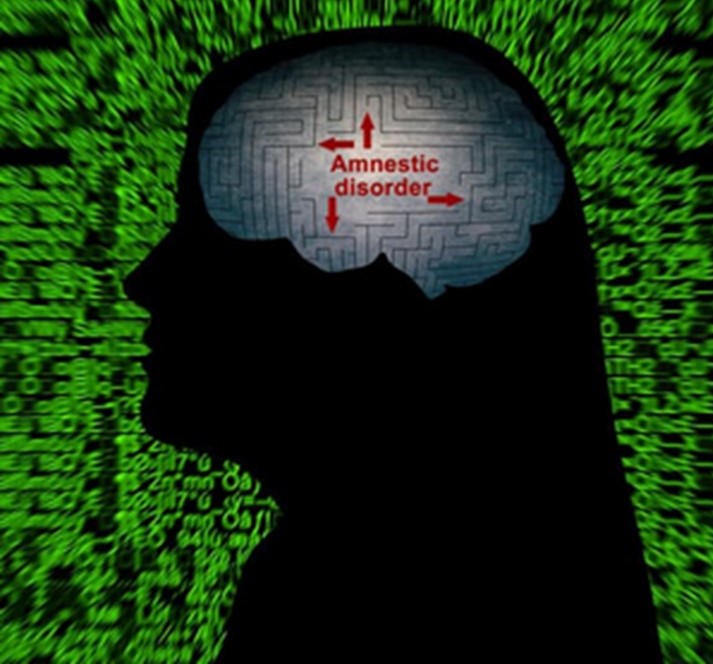 Cognitive Neuropsychiatry. 2015;20(5):424-437. doi:10.1080/13546805.2015.1076722
Cognitive Neuropsychiatry. 2015;20(5):424-437. doi:10.1080/13546805.2015.1076722 - Varo C, Murru A, Salagre E, et al. Behavioral addictions in bipolar disorders: A systematic review. Eur Neuropsychopharmacol. 2019;29(1):76-97. doi:10.1016/j.euroneuro.2018.10.012
- Jones L, Metcalf A, Gordon-Smith K, et al. Gambling problems in bipolar disorder in the UK: prevalence and distribution. Br J Psychiatry. 2015;207(4):328-333. doi:10.1192/bjp.bp.114.154286
- Kennedy, S.H., Welsh, B.R., & Fulton, K. et al. (2010), Frequency and correlates of gambling problems in outpatients with major depressive disorder and bipolar disorder. Canadian Journal of Psychiatry, 55: 568-576.
- McIntyre, R.S., McElroy, S.L., Konarski, J.Z., et al. (2007). Problem gambling in bipolar disorder: Results from the Canadian Community Health Survey. Journal of Affective Disorders, 102: 27-34.
- Michalak. E.E., Yatham. L.N., Maxwell. V., Hale S., & Lam R.W. (2007). The impact of bipolar disorder upon work functioning: A qualitative analysis.
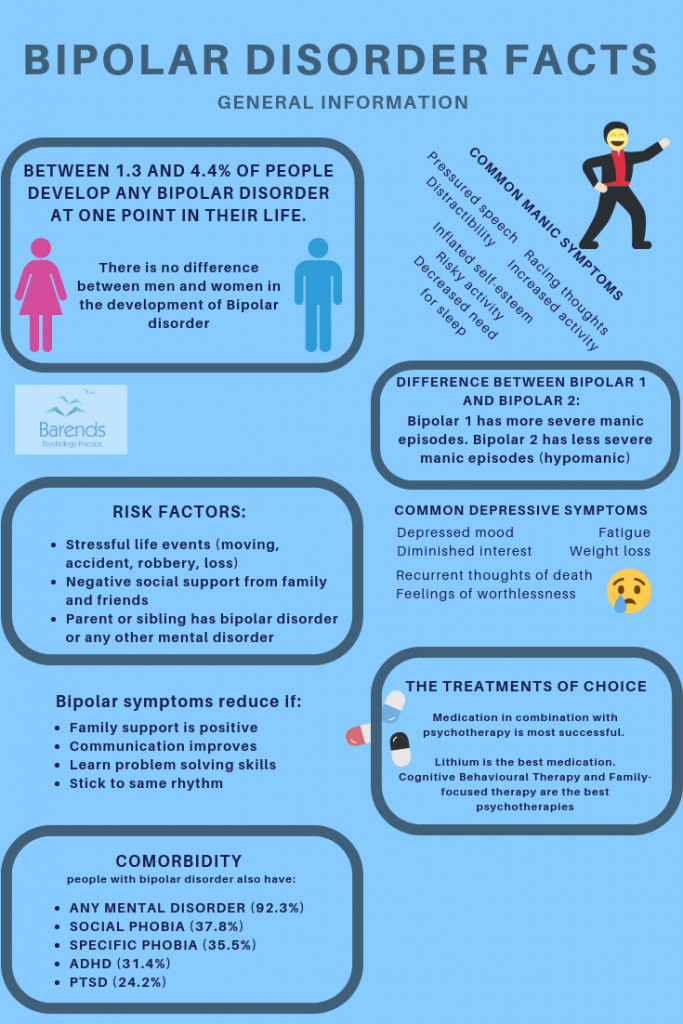 Bipolar Disorders, 9: 126-143
Bipolar Disorders, 9: 126-143 - Lobban. F., Taylor. K., Murray. C., & Jones. S. (2012). Bipolar Disorder is a two edged sword: a qualitative study to understand the positive edge. Journal of Affective Disorders, 141(2): 204-212.
- Elbogen. E.B., Wilder. C., Swartz. M.S., & Swanson. J.W. (2008) Caregivers as Money Managers for Adults with Severe Mental Illness: How Treatment Providers Can Help. Academic Psychiatry, 32: 2.
- Oedegaard, C.H., Berk, L., Berk, M., ISBD Transcultural Task Force, Youngstrong, E.A., Dilsaver, S.C., Belmaker, R.H., Oedegaard, K.J., Fasmer, O.B., Engebretsen, I.M. (2016) An ISBD perspective on the sociocultural challenges of managing bipolar disorder: A content analysis. Australian & New Zealand Journal of Psychiatry, 50(11), 1096-1103.
#TalkBD: Money and Bipolar Disorder
Webinar • CREST.BD
youtube.com/watch?v=INrNU7soVbM
Dr. Thomas Richardson, Victoria Maxwell, and Dr.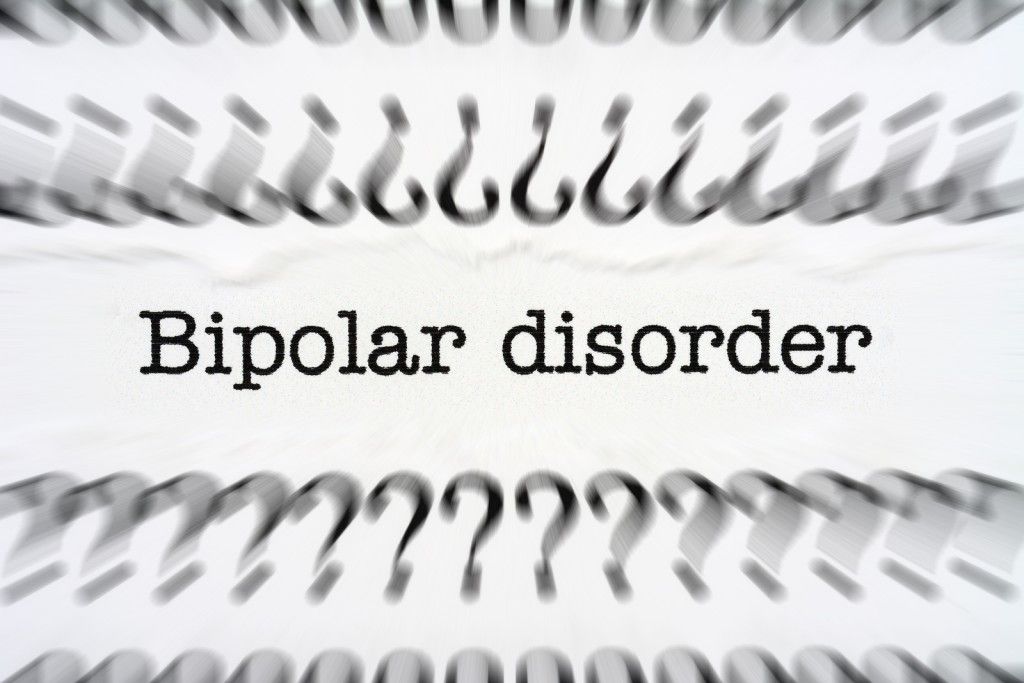 Emma Morton talk about how a person's financial wellbeing can be impacted by bipolar disorder, and how to manage it.
Emma Morton talk about how a person's financial wellbeing can be impacted by bipolar disorder, and how to manage it.
Financial Difficulties and Impulsive Spending in Bipolar Disorder
Webinar • International Bipolar Foundation
youtu.be/LQNPqx_mmcE
A resource describing the psychological factors in financial troubles with bipolar disorder, grounded in research.
Bipolar Money
Article • Bipolar Lives
bipolar-lives.com/bipolar-money.html
Relatively comprehensive article via BipolarLives.com. Written in five sections addressing concrete financial issues that the site’s readers often ask about.
Money and Mental Health
Website • Money and Mental Health Policy Institute
moneyandmentalhealth.org
A resource for research about the link between money and mental health.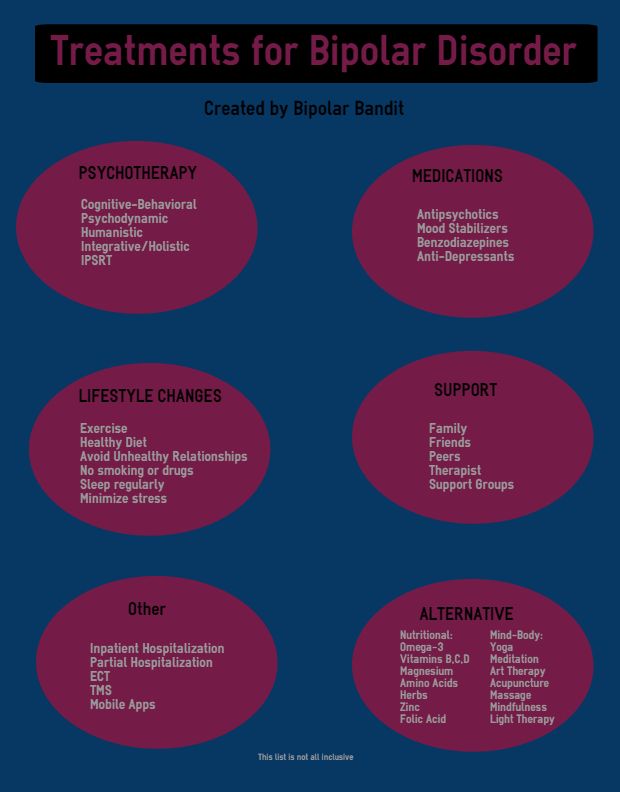 Features blogs and factsheets about common financial difficulties faced by people that live with mental health problems. Includes resources for those seeking help.
Features blogs and factsheets about common financial difficulties faced by people that live with mental health problems. Includes resources for those seeking help.
Financial tips for supporting a spouse/partner with a mental illness
Article • HeretoHelp
heretohelp.bc.ca/visions/couples-vol10/money-and-relationships
Discusses budgeting, debts, and long-term financial strategies to cope with the episodic nature of mental illness
Toshl Finance
App
toshl.com
Finance app for web and smartphones. A money management tool to keep track of spending.
Bipolar Disorder: Reckless Spending
Blog Post • Pat Merrett and Marguerite*
heretohelp.bc.ca/visions/income/bipolar-disorder-reckless-spending
Personal story by a woman who lives with bipolar disorder about her reckless spending problems and how she ultimately took back control of her finances.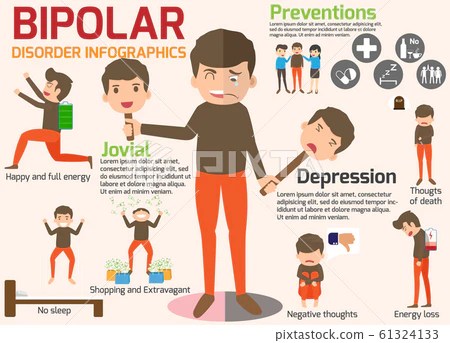
Managing your Money, Every Day.
Website • TD Bank
tdcanadatrust.com/planning/everyday-finances-made-easy/everyday-finances-made-easy/manage-your-money-every-day-index.jsp
Free TD Bank of Canada online resource that offers you the essentials of money management. Shares some easy money-management strategies as well as offers online tools and checklists. Note that most major banks offer similar, often excellent, resources.
Guide to Mental Health & Debt
PDF Guide • MoneySavingExpert.com
moneysavingexpert.com/content/dam/mse/downloads/mentalhealthguide-Oct-2020.pdf
. Free 44 page PDF booklet for people with mental health challenges and their supporters. Covers, for example, how to handle debts when unwell, how to work with banks and when to declare a condition. Some specific bipolar disorder tips.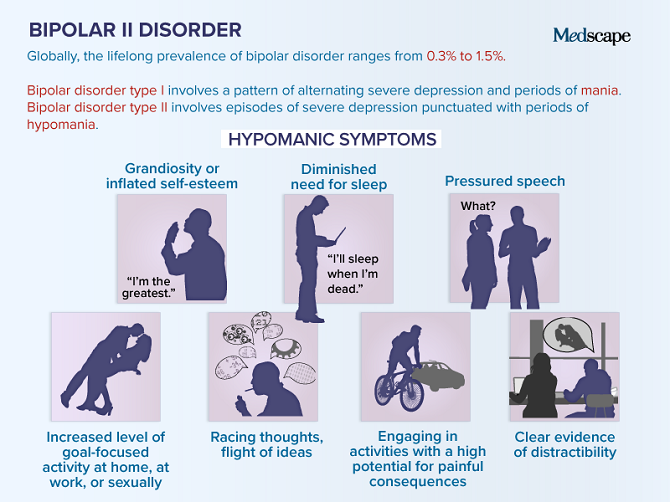
Money Management and Budgeting: The Cost of Living.
PDF Guide • Credit Canada
creditcanada.com/images/documents/ccds_money_management_budgeting.pdf
This nine-page handout outlines detailed and practical strategies for budgeting and spending. It includes an easy quiz about your present financial practices. Good source to brainstorm a financial makeover.
Monthly Budget Tracker
PDF Guide • Credit Canada
www.creditcanada.com/images/documents/ccds_monthly_budget_tracker.pdf
Credit Canada printout guide to tracking monthly spending in all areas. Includes some tips on using credit to your advantage.
An Unquiet Mind
Book • Kay Redfield Jamison
goodreads.com/book/show/361459.An_Unquiet_Mind
In this book, Dr.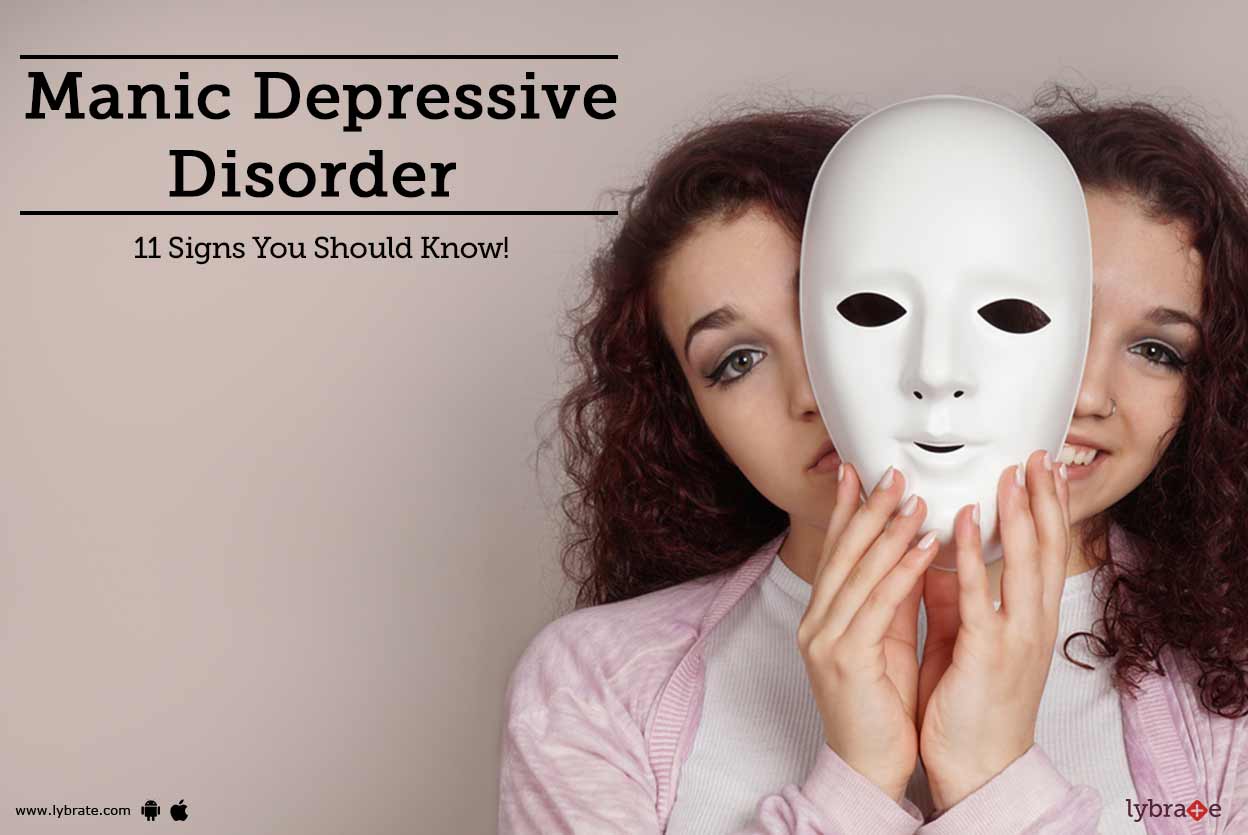 Kay Redfield Jamison simultaneously looks at bipolar disorder from her perspective as someone living with bipolar disorder as well as from her viewpoint as a healthcare provider. Dr. Jamison details personal stories of her own bipolar disorder including stories of her ruinous spending while in mood episodes.
Kay Redfield Jamison simultaneously looks at bipolar disorder from her perspective as someone living with bipolar disorder as well as from her viewpoint as a healthcare provider. Dr. Jamison details personal stories of her own bipolar disorder including stories of her ruinous spending while in mood episodes.
Problem Gambling
Website • British Columbia Responsible & Problem Gambling Program
bcresponsiblegambling.ca/problem-gambling
This BC provincial government service is designed to support and guide a person with a gambling problem to learn about can be done to get on a better path.
Mint
App • Intuit
mint.intuit.com
Mint is a money management app to help you see where your money goes. You can plan a budget, track your spending, view your bills and bank account, and monitor your credit.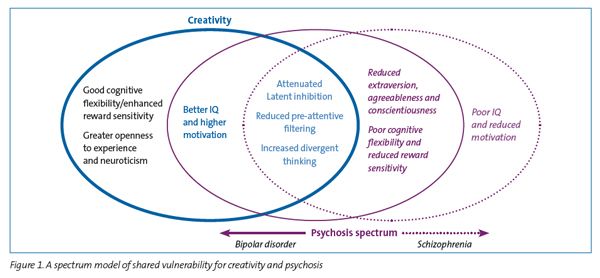 The user interface is attractive and easy to use.
The user interface is attractive and easy to use.
You Need A Budget: Personal Budget Software.
Software
youneedabudget.com
Allows you to break account balances down into meaningful categories, save for longer-term goals, and quickly determine how an impulse purchase will affect your finances now and down the road.
Gamtalk: Online Support for Gambling Issues
Website
gamtalk.org
An online community for people with gambling issues to share their experiences and ideas, whether they have a gambling problem, have stopped gambling completely, or want to get ideas on playing safely.
SMART Recovery (Self-Management And Recovery Training)
Website
smartrecovery.org
Offers self- help information based on CBT, REBT and motivational interviewing.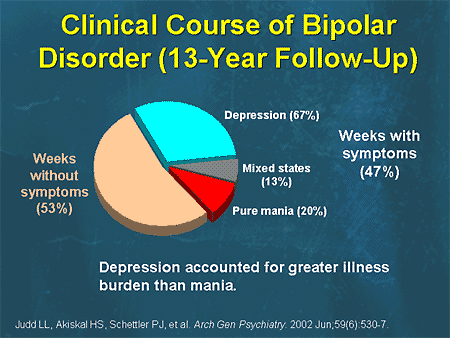 Online support groups, free PDF worksheets and for a small fee you can order their recovery book.
Online support groups, free PDF worksheets and for a small fee you can order their recovery book.
View All Resources
Bipolar disorder and financial difficulties: Some preliminary findings
Dr Tom Richardson, Principal Clinical Psychologist, Solent NHS Trust and Visiting Academic, University of Southampton
In the world of mental health I wear many hats. I’m a clinical psychologist. I’m an academic. And I’m a service-user, I have a diagnosis of bipolar disorder myself.
So my latest research, on the links between bipolar disorder and spending, is something very close to my heart.
Bipolar disorder is a mental health problem characterised by episodes of depression and hypomania or mania. When people are hypomanic or manic, they may have symptoms such as grandiosity, elevated mood, decreased need for sleep and an increase in ‘goal directed activity’ – that is, activities focused on very specific projects or ambitions.
It has been shown that people with bipolar can be impulsive, especially when manic. Indeed a potential symptom, according to the diagnostic criteria for the condition, is ‘excessive involvement in pleasurable activities with high potential for painful consequence’ (for example, engaging in unrestrained buying sprees, sexual indiscretions, or foolish business investments). Those with bipolar disorder are also at higher risk of gambling and compulsive spending, and caregivers often report that this causes them stress.
Indeed a potential symptom, according to the diagnostic criteria for the condition, is ‘excessive involvement in pleasurable activities with high potential for painful consequence’ (for example, engaging in unrestrained buying sprees, sexual indiscretions, or foolish business investments). Those with bipolar disorder are also at higher risk of gambling and compulsive spending, and caregivers often report that this causes them stress.
However, despite excessive spending being included in the diagnostic criteria and many screening questionnaires for the condition, there is very little research on it in bipolar disorder. Research has shown that those with depression are more than twice as likely to be in debt, and research with students suggests a vicious cycle between financial difficulties and mental health problems. However there is little research on the impact of debt on mental health in bipolar disorder specifically.
A study I conducted in Portsmouth, which is in press in the journal Clinical Psychology Forum, asked 44 people with bipolar disorder how they saw their finances as related to their mental health and found a number of themes:
- Overspending, and within this impulse shopping and excessive generosity: for example giving all money to charity when high
- Anxiety and depression, and within this suicidality: for example feeling depressed when people realise how much debt they are in
- Regret/Guilt: for example regretting overspending when manic
- Poor planning/avoidant coping: for example ignoring bills
- Vicious cycle: For example realising in that they are debt and feeling depressed, and then comfort spending to cope
- Poor employment: For example having to take pay cuts due to mental health problems
- Comfort spending: For example buying things to feel better when down
A simultaneous study I conducted in Portsmouth (both papers of which are being written up, so results are preliminary) gave 54 clients with bipolar disorder questionnaires about finances, compulsive shopping, mood and psychological variables such as mindfulness. 40 clients also completed these again at a second time point four months later.
40 clients also completed these again at a second time point four months later.
This found that, across one time point (baseline results not controlled for):
- Greater impulsivity led to greater financial difficulties over time
- Poorer perceived financial wellness lowered self-esteem over time
- Being in greater financial difficulty at the beginning of the study increased the likelihood of later hypomanic thoughts around a need to achieve and being goal focused
After baseline scores were controlled for:
- Poorer perceived financial wellness increased anxiety and stress over time
- How clients saw their finances subjectively was more important than objective measures such as the number of loans.
- Compulsive shopping got worse over time with higher symptoms of depression anxiety and stress, as well as lower mindfulness, higher dependency on others and a greater focus on achieving specific goals. Dependency and anxiety were also increased by compulsive spending suggesting a vicious cycle.
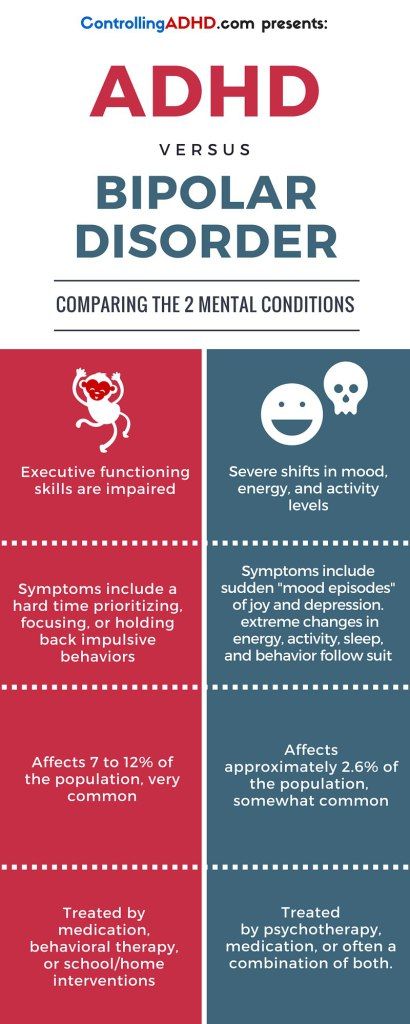
From these findings, a preliminary psychological model is being developed to try and map the complex relationships between finances and mental health in bipolar disorder.
Essentially, we find a potential cycle between financial difficulties, worry about finances, anxiety, depression and suicidality, and compulsive spending. Financial difficulties lead to anxiety and low self-esteem as people worry about their finances. This low-self esteem can also lead to depression. Anxiety and depression can then cause people to comfort spend. These mental health problems can also worsen financial difficulties, as people avoid financial management, struggle with financial planning and struggle to find and maintain stable employment. Low mood and anxiety can also lead to higher spending, creating another pathway to financial difficulties. When people are depressed they can be less mindful or aware, which makes them more vulnerable to compulsive shopping, buying things in an attempt to feel better.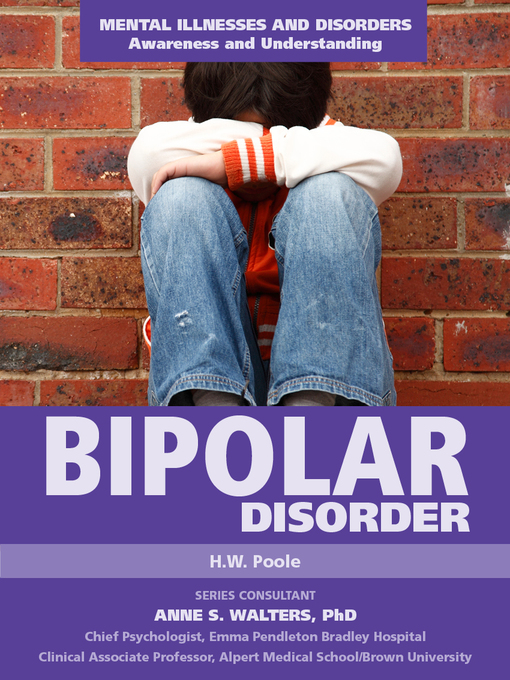 When people have low self-esteem they can also feel more dependent on others, and need to feel approved by those close to them, in some cases offering gifts to try and win this approval. In both cases,this spending can create a vicious cycle when fuelling guilt and regret, which exacerbates anxiety. Financial difficulties can also trigger hypomanic symptoms and thoughts around a need to achieve – the ideas about how to achieve can sometimes include ideas about how to get themselves out of their financial hole. In some cases, this might mean a plan to try and spend money to make money, which fuels compulsive shopping and ultimately ends up increasing financial difficulties.
When people have low self-esteem they can also feel more dependent on others, and need to feel approved by those close to them, in some cases offering gifts to try and win this approval. In both cases,this spending can create a vicious cycle when fuelling guilt and regret, which exacerbates anxiety. Financial difficulties can also trigger hypomanic symptoms and thoughts around a need to achieve – the ideas about how to achieve can sometimes include ideas about how to get themselves out of their financial hole. In some cases, this might mean a plan to try and spend money to make money, which fuels compulsive shopping and ultimately ends up increasing financial difficulties.
Not everyone with bipolar disorder will experience financial difficulties or changes in spending behaviour, and where these are experienced they will not always follow these routes. For some the goal focus might be key, for others avoiding their finances when anxious might be important. But understanding how these issues are connected will make it easier to ensure people receive the right support.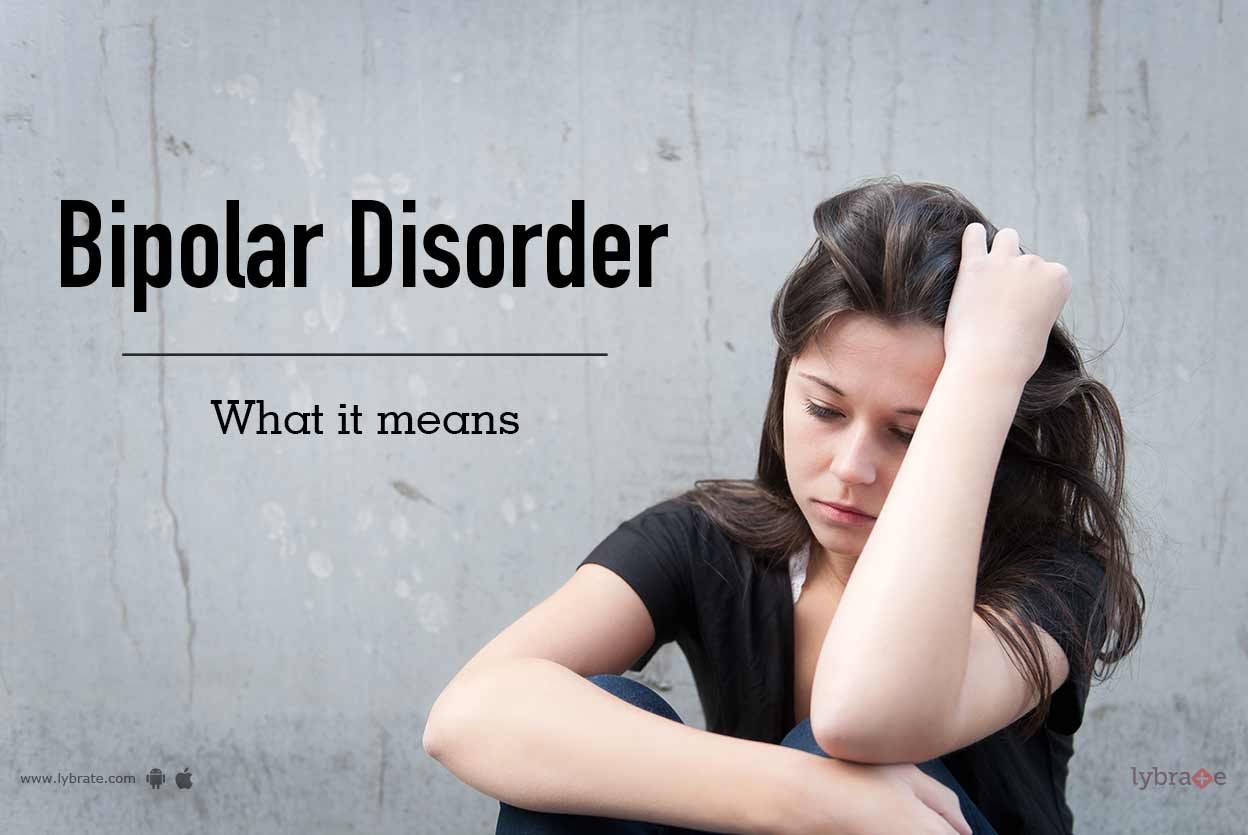
This study suggested that:
- Finances affect mental health and vice versa in people with bipolar disorder: there is a vicious cycle.
- Compulsive spending is a key factor: This is not always random, there are potential themes and it is goal-focused, that is, directed towards specific ideas and projects that a person may fixate on
- Many psychological mechanisms are important and psychological therapies such as CBT and mindfulness might help break the link
- Future research is needed to help test the model and develop interventions to help.
See the full presentation, as presented on Friday 19 May 2017, here
Bipolar Disorder | Symptoms, complications, diagnosis and treatment
Bipolar disorder, formerly called manic depression, is a mental health condition that causes extreme mood swings that include emotional highs (mania or hypomania) and lows (depression). Episodes of mood swings may occur infrequently or several times a year.
Episodes of mood swings may occur infrequently or several times a year.
When you become depressed, you may feel sad or hopeless and lose interest or pleasure in most activities. When the mood shifts to mania or hypomania (less extreme than mania), you may feel euphoric, full of energy or unusually irritable. These mood swings can affect sleep, energy, alertness, judgment, behavior, and the ability to think clearly.
Although bipolar disorder is a lifelong condition, you can manage your mood swings and other symptoms by following a treatment plan. In most cases, bipolar disorder is treated with medication and psychological counseling (psychotherapy).
Symptoms
There are several types of bipolar and related disorders. They may include mania, hypomania, and depression. The symptoms can lead to unpredictable changes in mood and behavior, leading to significant stress and difficulty in life.
- Bipolar disorder I.
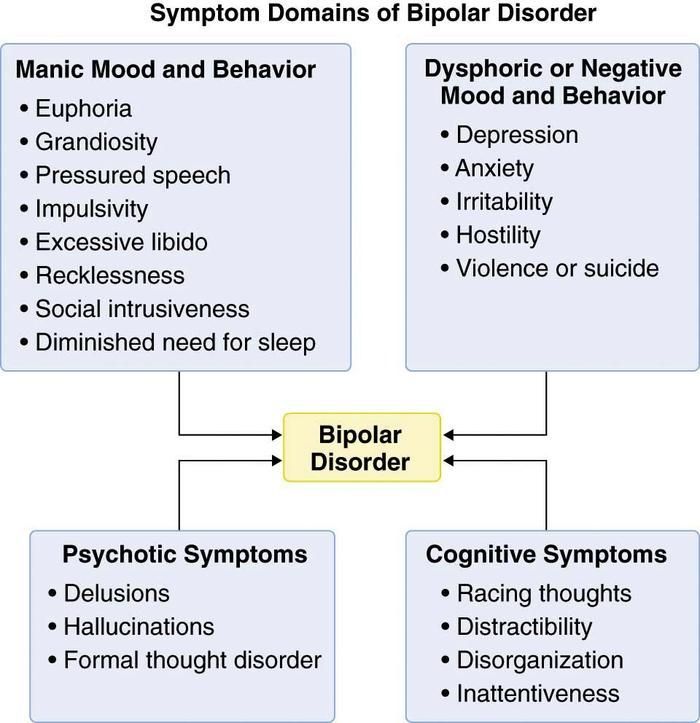 You have had at least one manic episode, which may be preceded or accompanied by hypomanic or major depressive episodes. In some cases, mania can cause a break with reality (psychosis).
You have had at least one manic episode, which may be preceded or accompanied by hypomanic or major depressive episodes. In some cases, mania can cause a break with reality (psychosis). - Bipolar disorder II. You have had at least one major depressive episode and at least one hypomanic episode, but never had a manic episode.
- Cyclothymic disorder. You have had at least two years - or one year in children and adolescents - many periods of hypomanic symptoms and periods of depressive symptoms (though less severe than major depression).
- Other types. These include, for example, bipolar and related disorders caused by certain drugs or alcohol, or due to health conditions such as Cushing's disease, multiple sclerosis, or stroke.
Bipolar II is not a milder form of Bipolar I but is a separate diagnosis. Although bipolar I manic episodes can be severe and dangerous, people with bipolar II can be depressed for longer periods of time, which can cause significant impairment.
Although bipolar disorder can occur at any age, it is usually diagnosed in adolescence or early twenties. Symptoms can vary from person to person, and symptoms can change over time.
Mania and hypomania
Mania and hypomania are two different types of episodes, but they share the same symptoms. Mania is more pronounced than hypomania and causes more noticeable problems at work, school, and social activities, as well as relationship difficulties. Mania can also cause a break with reality (psychosis) and require hospitalization.
Both a manic episode and a hypomanic episode include three or more of these symptoms:
- Abnormally optimistic or nervous
- Increased activity, energy or excitement
- Exaggerated sense of well-being and self-confidence (euphoria)
- Reduced need for sleep
- Unusual talkativeness
- Distractibility
- Poor decision-making - for example, in speculation, in sexual encounters or in irrational investments
Major depressive episode
Major depressive episode includes symptoms that are severe enough to cause noticeable difficulty in daily activities such as work, school, social activities, or relationships.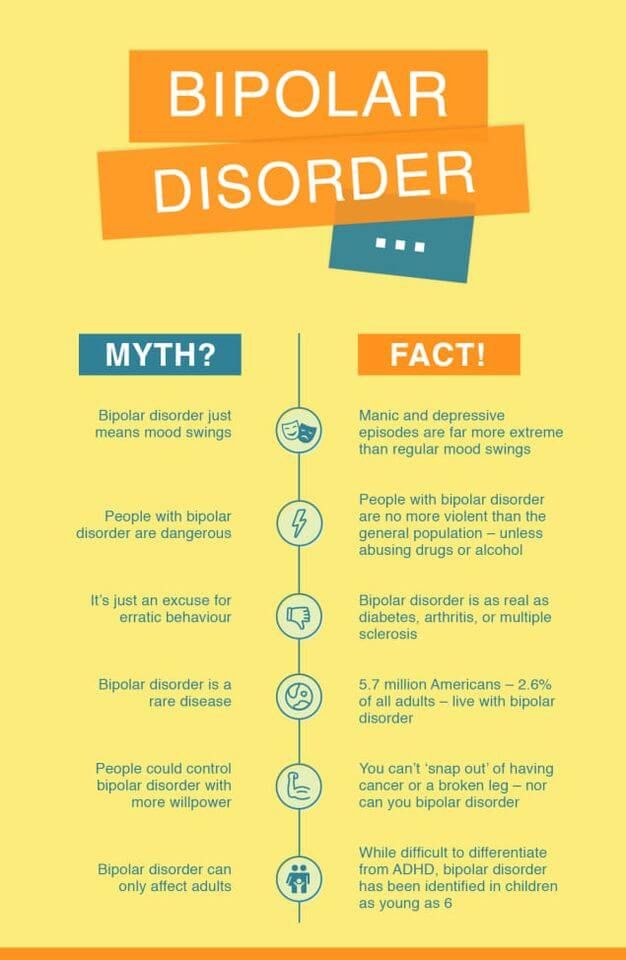 Episode includes five or more of these symptoms:
Episode includes five or more of these symptoms:
- Depressed mood, such as feeling sad, empty, hopeless, or tearful (in children and adolescents, depressed mood may manifest as irritability)
- Marked loss of interest or feeling of displeasure in all (or nearly all) activities
- Significant weight loss with no diet, weight gain, or decreased or increased appetite (in children, failure to gain weight as expected may be a sign of depression)
- Either insomnia or sleeping too much
- Either anxiety or slow behavior
- Fatigue or loss of energy
- Feelings of worthlessness or excessive or inappropriate guilt
- Decreased ability to think or concentrate, or indecisiveness
- Thinking, planning or attempting suicide
Other features of bipolar disorder
Signs and symptoms of bipolar I and bipolar II disorder may include other signs such as anxiety disorder, melancholia, psychosis, or others.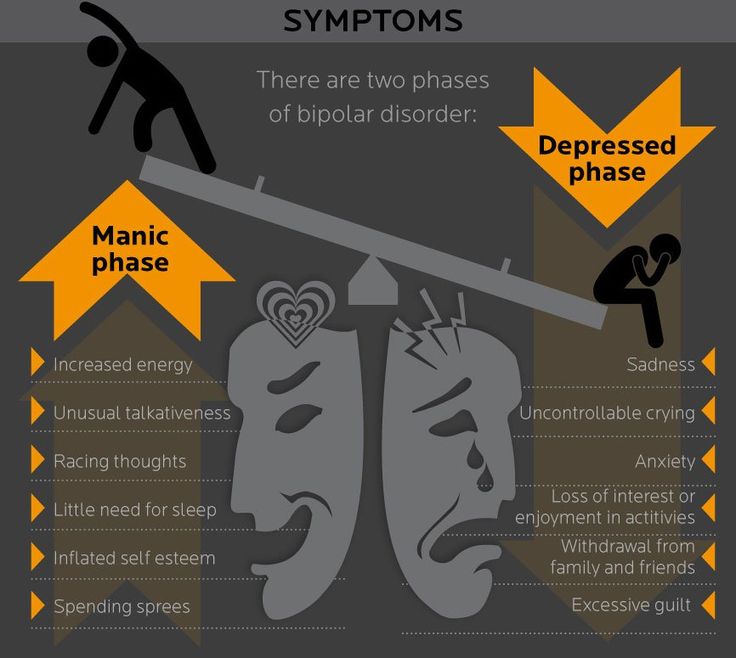 The timing of symptoms may include diagnostic markers such as mixed or fast cycling. In addition, bipolar symptoms may occur during pregnancy or with the change of seasons.
The timing of symptoms may include diagnostic markers such as mixed or fast cycling. In addition, bipolar symptoms may occur during pregnancy or with the change of seasons.
When to see a doctor
Despite extreme moods, people with bipolar disorder often do not realize how much their emotional instability disrupts their lives and the lives of their loved ones and do not receive the necessary treatment.
And if you are like people with bipolar disorder, you can enjoy feelings of euphoria and be more productive. However, this euphoria is always accompanied by an emotional disaster that can leave you depressed and possibly in financial, legal, or other bad relationships.
If you have symptoms of depression or mania, see your doctor or mental health professional. Bipolar disorder does not improve on its own. Getting mental health treatment with a history of bipolar disorder can help control your symptoms.
Myths and facts about bipolar disorder
We all experience ups and downs in our moods, but in people with bipolar disorder, the peaks and valleys are much more pronounced and so strong in their manifestations that they can harm work or school performance, can cause significant damage to relationships with other people, in short - to disrupt the normal course of a person's daily life.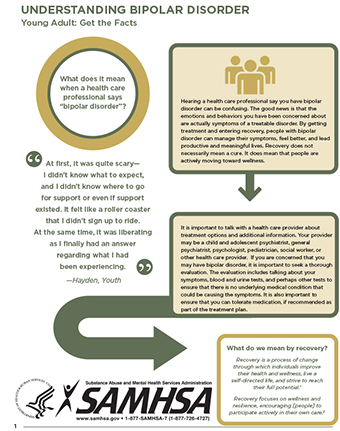
Although bipolar disorder is treatable, many do not heed the warning signs and refuse to receive timely help. Since bipolar disorder tends to get worse without treatment, in this article I will talk about it in more detail so that you can recognize this disorder by its symptoms and take appropriate action in a timely manner.
What is bipolar disorder?
Bipolar disorder (also known as manic depression) causes major shifts in mood, energy, thinking and behavior that go from - highs (manic phase) to - lows (depressive phase). More than just a fleeting good or bad mood, the phases of bipolar disorder last for days, weeks, or even months. And unlike normal mood swings, the mood swings in bipolar disorder are so intense that they affect a person's ability to function normally.
Each vivid manifestation of one of the phases of bipolar disorder is called an episode.
During a manic phase, a person may impulsively quit a job, spend huge amounts of borrowed money, or feel rested after two hours of sleep.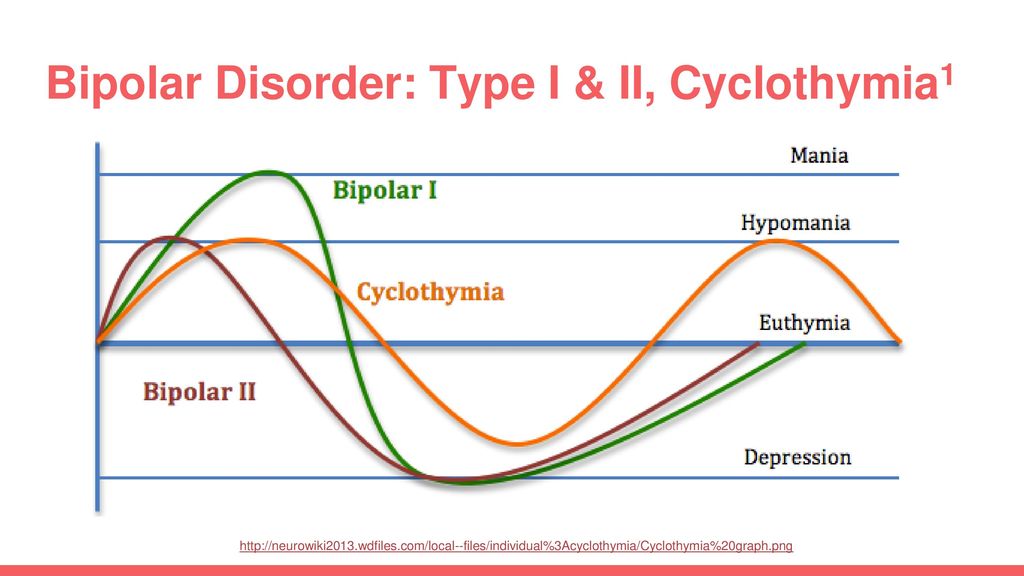 During the depressive phase, the same person will feel so tired that he cannot get out of bed, or will be filled with self-hatred, being in a state of extreme hopelessness, for example, due to the loss of a job or the inability to pay debts on time.
During the depressive phase, the same person will feel so tired that he cannot get out of bed, or will be filled with self-hatred, being in a state of extreme hopelessness, for example, due to the loss of a job or the inability to pay debts on time.
The causes of bipolar disorder are not well understood, but very often they are familial (genetic). The first manifestations of the manic or depressive phase of bipolar disorder usually occur during adolescence and early adolescence. The symptoms can be very subtle and confusing, which is why many people with bipolar disorder are misdiagnosed and suffer needlessly as a result. But with the right treatment, the support of friends and relatives, such people can lead a normal and fulfilling life.
Myths and facts about bipolar disorder
Myth: People with bipolar disorder cannot improve their condition or lead a normal life.
Fact: Many people with bipolar disorder have successful careers, happy family lives, and normal relationships with others.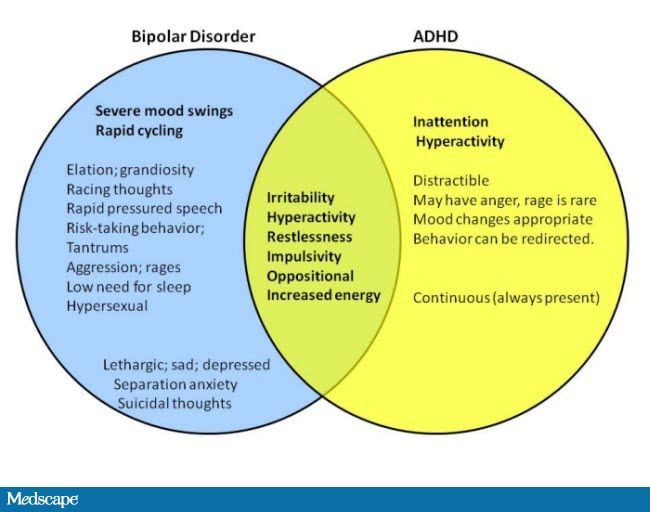 Living with bipolar disorder is challenging. But treatment, healthy habits, and a reliable support system will allow you to live a fulfilling life.
Living with bipolar disorder is challenging. But treatment, healthy habits, and a reliable support system will allow you to live a fulfilling life.
Myth: People with bipolar disorder constantly fluctuate between mania and depression.
Fact: Some people do cycle through extreme phase states (manic and depressive), but most people experience depression more often than they do manic. The manic phase can be so minor that it is even difficult to notice. Bipolar sufferers can also go for long periods of time without any symptoms.
Myth: Bipolar disorder only affects mood.
Fact: Bipolar disorder also affects energy levels, judgment, memory, attention, appetite, sleep, sex drive, and self-esteem. In addition, bipolar disorder can be associated with feelings of anxiety, addictions, and medical conditions such as diabetes, heart disease, migraines, and high blood pressure.
Myth: Bipolar disorder can only be managed with medication.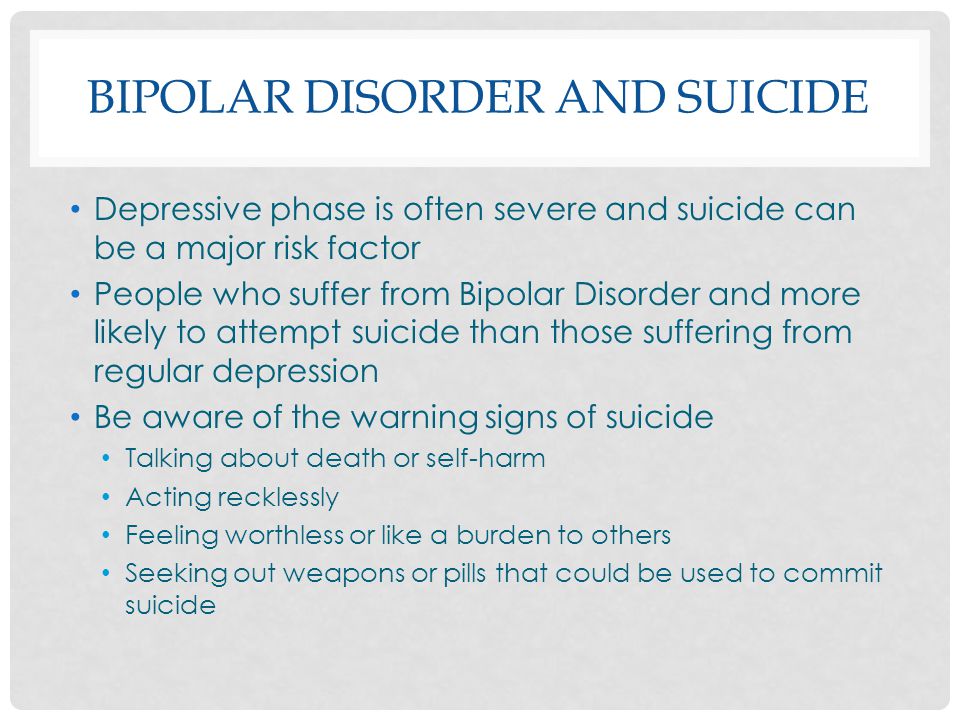
Fact: Although drugs are the mainstay of treatment for bipolar disorder, self-help is also important. A person can help themselves by controlling symptoms, exercising regularly, maintaining a normal sleep-wake ratio, eating right, maintaining a good mood, avoiding nervous and physical overexertion, and getting the support of others.
Signs and symptoms of bipolar disorder
Signs of bipolar disorder can vary from person to person in terms of type, severity, and frequency. Some people may be more prone to experiencing a manic phase, others a depressive phase, and in others, these phases may alternate equally. Some experience frequent mood changes, while others experience such changes only a few times in a lifetime.
We talked about how mania and depression are the peak phases of bipolar disorder, but in addition to the peak phases, there are also intermediate ones. Thus, there are four main phases in bipolar disorder: mania, hypomania, depression, and a mixed phase. Each phase has its own set of symptoms.
Each phase has its own set of symptoms.
Signs and symptoms of mania
In the manic phase of bipolar disorder, common manifestations are: increased energy, thirst for creativity and a feeling of euphoria. People who are in the manic phase talk a lot and quickly, sleep little and show hyperactivity. They may also feel omnipotent, invincible, or destined for great things.
Although the manic phase feels good, he tends to lose control of himself. Such people often behave carelessly: they bet all their money while gambling, lead a promiscuous sex life, make unreasonable spending, commit rash acts, etc. They can also become angry, irritable and aggressive if someone expresses disagreement with their "great" plans or criticizes their behavior. Some may even become delusional or hear "otherworldly voices".
Signs and symptoms of hypomania
Hypomania is a less severe form of mania. Hypomanic people also feel euphoric, energized, and highly productive.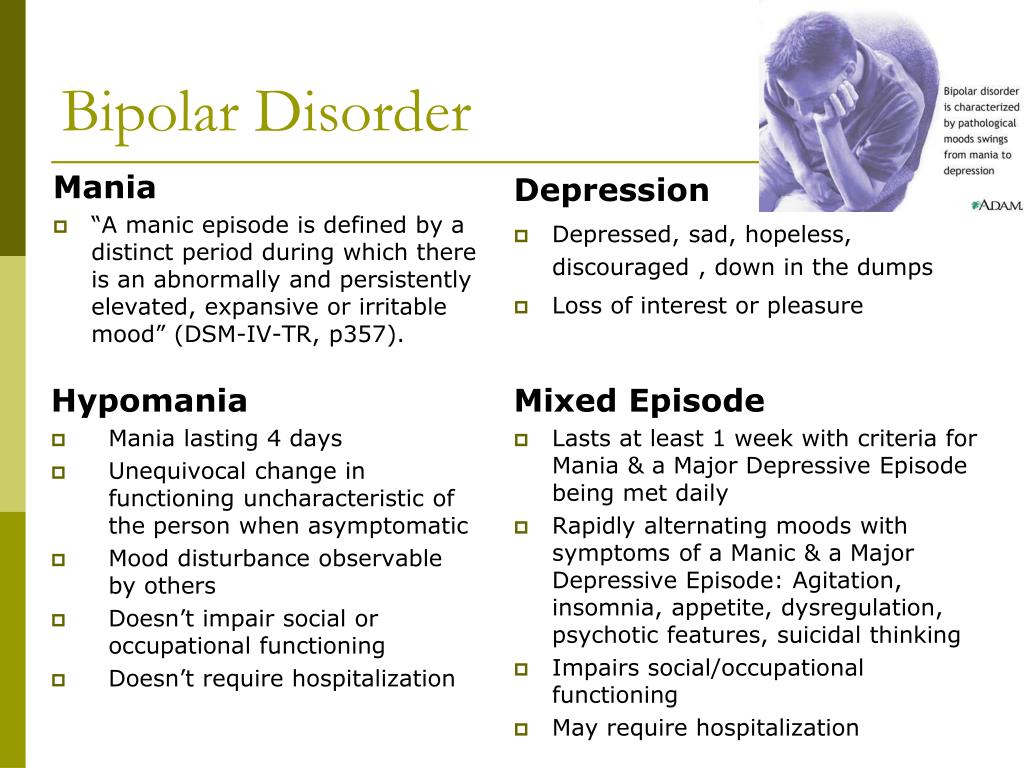 However, they are able to carry out their normal day-to-day work and never lose touch with reality. From the outside, it may seem that a person in a state of hypomania is simply in an unusually good mood. However, hypomania can lead to bad decisions that damage relationships, careers, and reputations. In addition, hypomania often progresses to full-blown mania or is followed by a severe depressive phase.
However, they are able to carry out their normal day-to-day work and never lose touch with reality. From the outside, it may seem that a person in a state of hypomania is simply in an unusually good mood. However, hypomania can lead to bad decisions that damage relationships, careers, and reputations. In addition, hypomania often progresses to full-blown mania or is followed by a severe depressive phase.
Common signs and symptoms of mania include:
Unusually high level of optimism or irritability
Unrealistic, grandiose ideas about one's abilities
Feeling full of energy despite short sleep
Rapid speech speed (difficult to understand)
Disordered thoughts who jump from one idea to another
Inability to focus on something in particular
Poor judgment and impulsivity
Neglect of the consequences of one's own actions
Delusions and hallucinations (in severe cases)
Signs and symptoms of bipolar depression
In the past, bipolar depression was diagnosed as a normal depressive condition.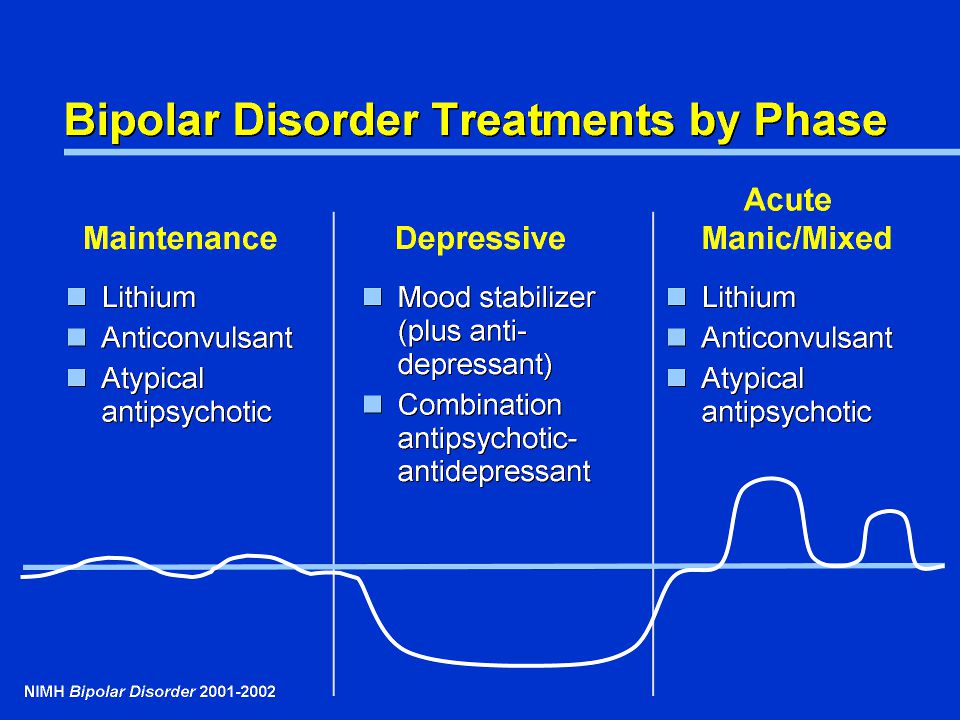 But a growing body of research shows that there are significant differences between the two, especially when it comes to drug treatment. Most people with bipolar depression do not benefit from antidepressants. In fact, there is a risk that the use of antidepressants for bipolar disorder can only worsen the situation and lead to abrupt and frequent phase changes - from mania to depression.
But a growing body of research shows that there are significant differences between the two, especially when it comes to drug treatment. Most people with bipolar depression do not benefit from antidepressants. In fact, there is a risk that the use of antidepressants for bipolar disorder can only worsen the situation and lead to abrupt and frequent phase changes - from mania to depression.
Despite many similarities, certain symptoms are more common in bipolar depression than in ordinary depression. For example, bipolar depression typically includes irritability, guilt, unpredictable mood swings, and anxiety. People with bipolar depression tend to move and talk slowly, sleep a lot, and gain weight. In addition, they are more prone to the development of a depressive-psychotic state, when contact with reality is lost and it is felt impossible to work normally and interact socially in society.
Common signs and symptoms of bipolar depression include:
Feelings of hopelessness, sadness, or emptiness
Irritability
Inability to experience pleasure
Tiredness or loss of energy
Physical and mental lethargy.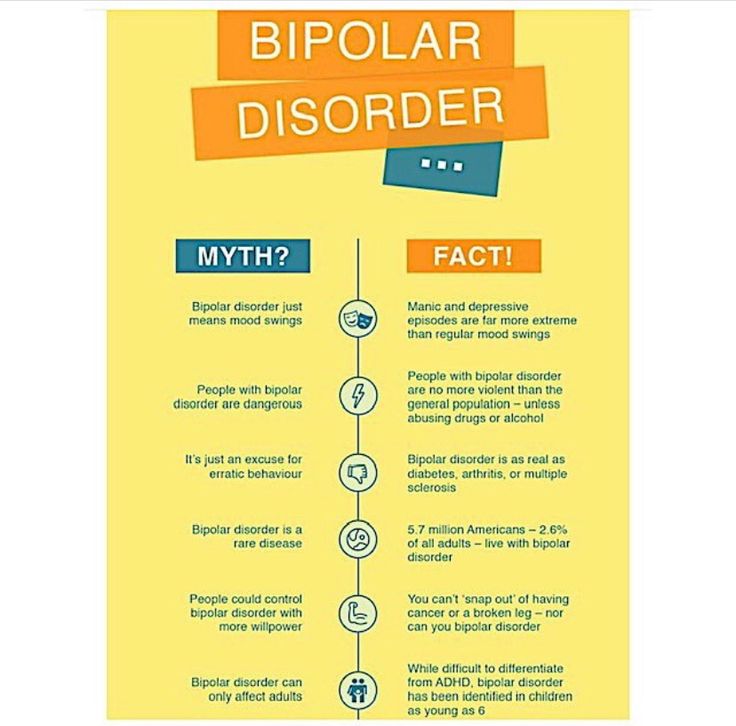 Appetite changes accompanied by weight changes
Appetite changes accompanied by weight changes
Sleep problems
Concentration and memory problems
Feelings of worthlessness or guilt
Thoughts of death or suicide
Signs and symptoms of the mixed phase
The mixed phase of bipolar disorder has symptoms of both mania (or hypomania) and depression. Common signs of a mixed phase include depression combined with agitation, irritability, restlessness, insomnia, distractibility, and erratic thoughts. This combination of high energy states and bad mood creates a particularly high risk of suicide.
Different types of bipolar disorder
Bipolar I disorder (mania or mixed phase) is a classic manic-depressive disorder characterized by at least one episode of manic or mixed phase. Usually, but not always, bipolar I disorder also includes at least one episode of depression.
Bipolar II disorder (hypomania and depression) - In bipolar II disorder, the person does not experience full-blown manic episodes.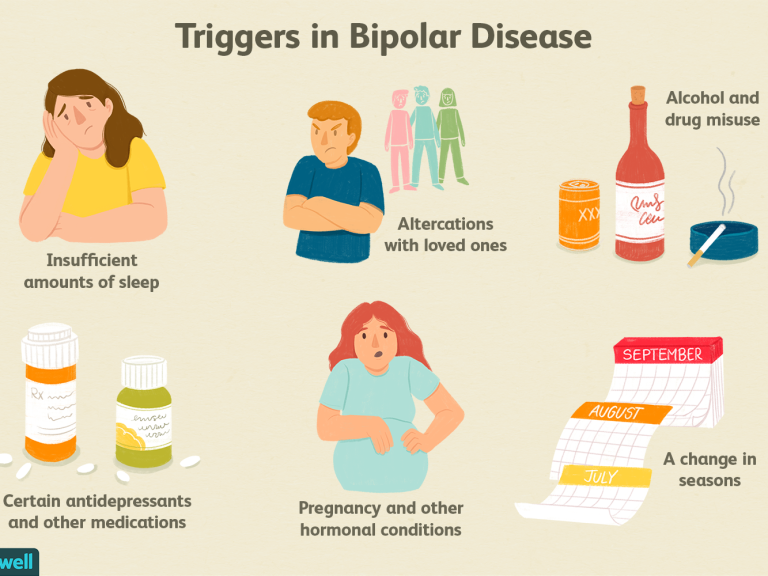 Instead, the illness includes episodes of hypomania and severe depression.
Instead, the illness includes episodes of hypomania and severe depression.
Cyclothymia (hypomania and mild depression) - Cyclothymia is a mild form of bipolar disorder. It consists of cyclic mood swings. However, the symptoms are not as pronounced as in full-blown mania or depression.
Treatment for Bipolar Disorder
If you notice symptoms of bipolar disorder, don't wait for it to go away on its own. Ignoring the problem will only make the situation worse. Living with advanced bipolar disorder can lead to problems in everything from career and social relationships to immediate health damage. Timely diagnosis and treatment can help to significantly reduce these complications.
If a person suffering from bipolar disorder does not want to seek help because he enjoys being in the manic phase, you need to understand that the price for this euphoria may be too high. Mania and hypomania often lead to devastating consequences not only for the patient, but also for the people around him.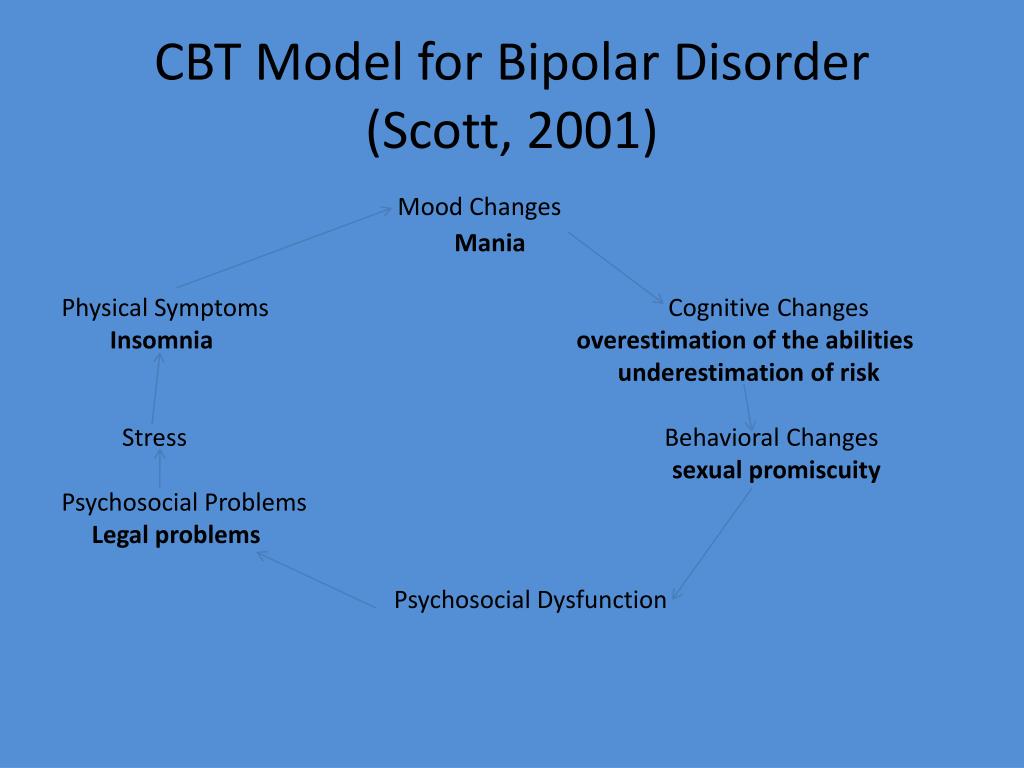
Basic treatment for bipolar disorder
Bipolar disorder requires long-term treatment. This is a chronic relapsing disease, so it is important to continue treatment even if the person feels better. Most people with bipolar disorder need medication to prevent new flare-ups.
Medicines alone are not enough. To fully control the symptoms of bipolar disorder requires a combination of drugs, therapy, lifestyle changes, and social support.
It is best to work with an experienced psychiatrist. Making a correct diagnosis can be difficult and extremely difficult. Given the dangers of the drugs used for treatment, it is best to contact a real and experienced specialist.
Bipolar Self-Help
Dealing with bipolar disorder is not always easy, but it should not control a person. Lifestyle and daily habits have a significant impact on mood. How you can help yourself:
Find out more. The more one knows, the easier it will be to help oneself.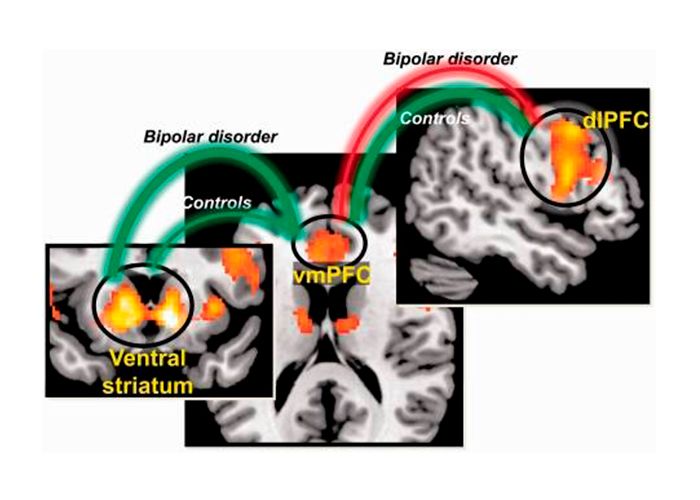
Stay within limits. Avoid stressful situations, maintain a healthy work-home balance, and use relaxation techniques such as meditation, yoga, or deep breathing.
Support. It is important that people who surround a person with bipolar disorder give him full support.
Day mode. Healthy sleep, food, and habits can help stabilize your mood. Maintaining a regular sleep schedule is especially important.
Mood monitoring. Carefully monitoring the symptoms of bipolar disorder will keep the situation from getting out of control and you will be able to stop the problem before it starts.
Bipolar Disorder and Suicide
The depressive phase of bipolar disorder is often very severe, and suicide is a major risk factor. In fact, people suffering from bipolar disorder are much more likely to attempt suicide than those who suffer from regular depression. In addition, unlike cases of regular depression, suicide attempts in bipolar depression tend to be "successful" (end in death).
The risk of suicide is even higher in people who have frequent depressive episodes, mixed episodes, alcohol or drug abuse, family history of suicide, and early disease onset (in childhood or adolescence).
Suicide warning signals include:
Talking about death, self-harm, or suicide
Feelings of hopelessness or helplessness
The person's belief that they are a burden to others.
Actions that can be considered as "putting things in order" and "farewell"
Finding medicines or other means to commit suicide any country and in any city. There are many sites on the Internet where people voluntarily and disinterestedly help stop those who decide to commit suicide. The main thing is to be on time.
What can cause bipolar disorder
There is no one and only reason for bipolar disorder. It appears that some people are genetically predisposed to it. However, not every person with an inherited vulnerability to the disease develops it.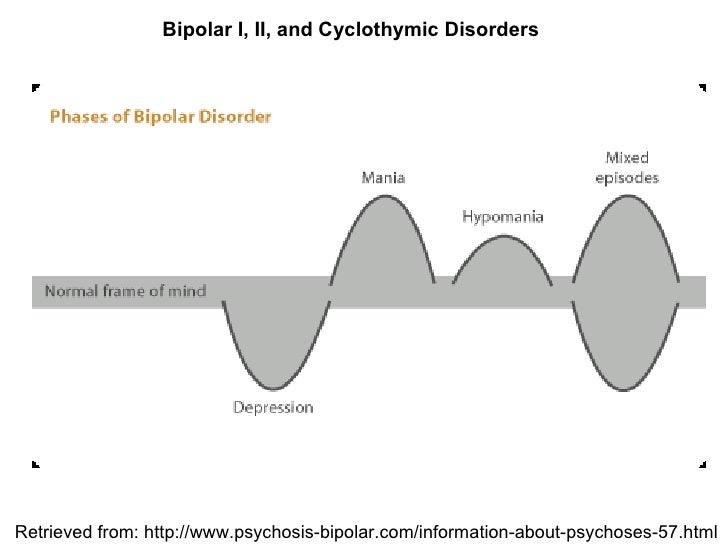 Some studies suggest that the results of brain scans of people suffering from bipolar disorder show physical abnormalities in it. Other studies point to neurotransmitter imbalances, thyroid and circadian dysfunction, and high levels of the stress hormone cortisol.
Some studies suggest that the results of brain scans of people suffering from bipolar disorder show physical abnormalities in it. Other studies point to neurotransmitter imbalances, thyroid and circadian dysfunction, and high levels of the stress hormone cortisol.
External environmental and psychological factors are also believed to influence the development of bipolar disorder. These external factors are called triggers (switches/switches). Triggers can trigger more episodes of mania or depression. However, many episodes of bipolar disorder occur without obvious provocation from outside. In general, triggers can be:
Stress - Stressful life events can cause bipolar disorder in a person who has a genetic predisposition. These events are usually associated with drastic and sudden changes (both good and bad), such as: marriage, admission to university, loss of a loved one, parting with a loved one, moving, etc.
Substance abuse - While substance abuse does not cause bipolar disorder, it can trigger another episode and/or worsen the course of the disorder.